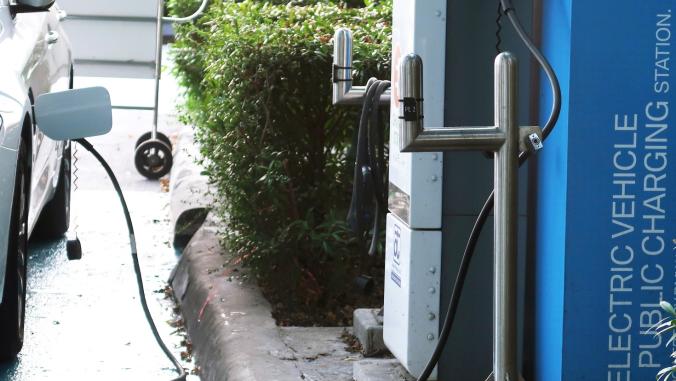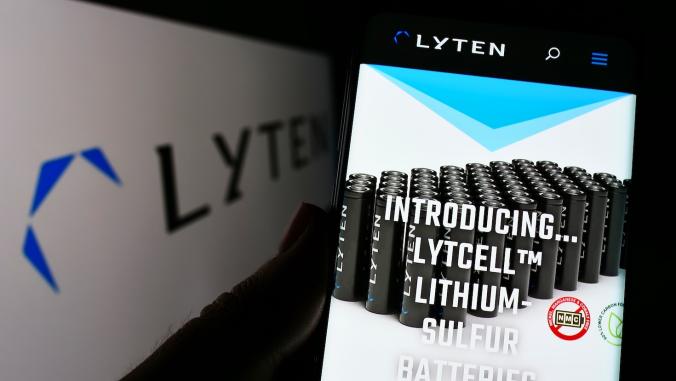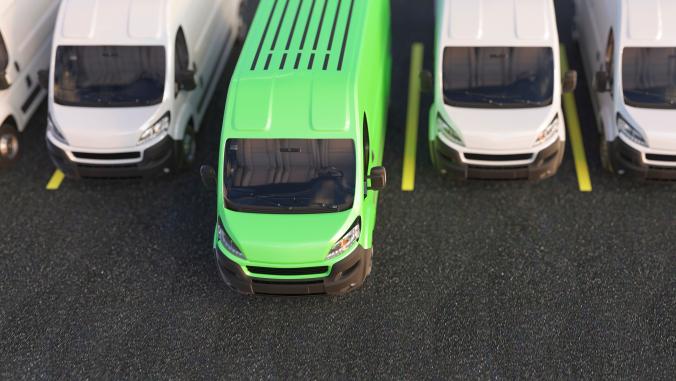The sleeper issue for new mobility tech is ... insurance?
It's emerging as one of the most crucial issues for continuing innovation.

This article is drawn from the Transport Weekly newsletter from GreenBiz, running Tuesdays.
As new transportation methods — from autonomous vehicles to shared e-scooters to smart roadways — move us fragile humans from point A to point B, it's not the technology that could prove to be the biggest challenge. No, it could be something as unsexy as insurance.
Liability is emerging as the sleeper issue for new mobility technology across various transportation modes.
It'll be a huge issue for autonomous vehicles (AVs). At the 3 Revolutions conference Monday at UC Davis, Gordon Anderson, legal fellow at the UC Davis Institute for Energy, Environment and the Economy, put it plainly: "Until we get liability figured out, [autonomous vehicle] tech won't have the chance to really bloom." Santa Clara University of Law Professor Dorothy Glancy likewise described AV and liability concerns as "a maze" led by work being done at the state level.
Here are a couple of scenarios that could guide the evolution of AVs and liability. Down the road when a computer completely controls a vehicle (at Level 5 full autonomy), it's reasonable to assume that the maker of the software that manages the vehicle could be held liable in the event of an accident, Anderson said. On the flip side, when the human is fully in control of the vehicle (at Level 1 or Level 0 autonomy), it's more likely that the human driver could be found at fault.
But at Level 3 autonomy — where a computer and a human split control of the system — it will get incredibly tricky figuring out who is at fault, Anderson pointed out. If there is a handoff in control from computer to human, did the computer adequately alert the human? Did the human neglect the handoff?
Tesla, Uber and others are already facing these exact questions with their early autonomous systems. Uber's disaster in Tempe, Arizona — in which one of its autonomous vehicles killed a pedestrian crossing the street — involved a human operator sitting in the driver's seat.If there is a handoff in control from computer to human, did the computer adequately alert the human? Did the human neglect the handoff?
A judge ruled earlier this month that Uber won't be held criminally liable in the case, even though the autonomous vehicle industry widely seems to agree that Uber's systems were below industry standard. But the human operator could still face charges of manslaughter for not intervening with the vehicle's systems and stopping the accident. That doesn't seem particularly fair.
The victim's family also sued the city of Tempe alleging that a walkway that crosses the landscaping at the accident site was designed for people to cross the road. That case shows how cities eventually will get caught up in the transportation liability issue as they manage the public roads and spaces.
Some cities are trying to proactively get ahead of liability issues. The city of Oakland, California reportedly has been tussling with e-scooter companies over who should be held liable over scooter accidents on roads that have deteriorated. The scooter companies say the city is making unreasonable demands to release itself from all liability even if it hasn't invested in keeping up its roads.
It's a messy issue because cities have been burned in the past by aggressive tech companies such as Airbnb and Uber. Many city transportation planners see scooter-sharing networks as a big opportunity to address equity and carbon emissions concerns but also want to make sure this time around they are addressing — not ignoring — major issues such as liability.
I'll be back at the 3Revolutions conference today to interview Louis Stewart, the CIO of Sacramento, onstage about connected transportation and the California capital's 5G network.




